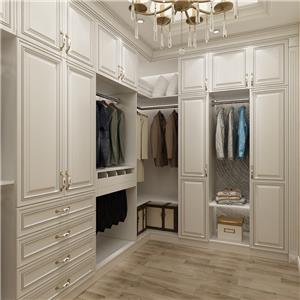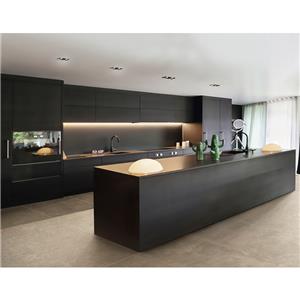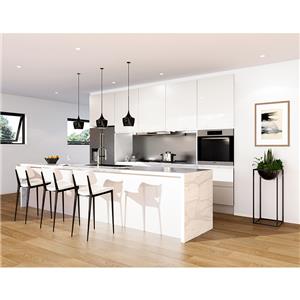A Century-Old Kitchen's Unbelievable Cabinet Makeover: Timeless Beauty Restored
A Century-Old Kitchen's Unbelievable Cabinet Makeover: Timeless Beauty Restored
Introduction
Imagine stepping back in time to a kitchen that has witnessed a century of stories. Nestled in the heart of a charming historic home, this 100-year-old kitchen was in dire need of a transformation—a chance to reclaim its former glory and adapt to modern living. This is the tale of how meticulous planning, creative design, and skilled craftsmanship breathed new life into its most iconic feature—the cabinets—resulting in a breathtaking makeover that honors the past while embracing the future.
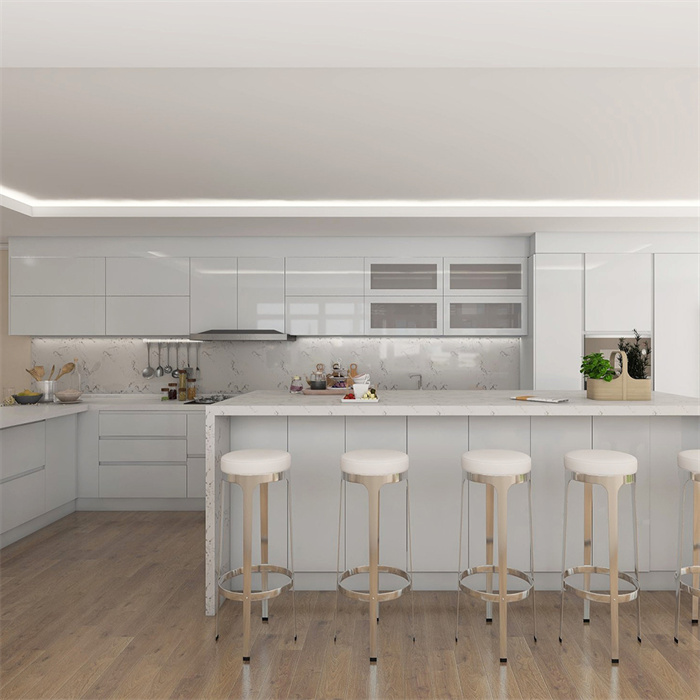
Section 1: The Original Kitchen and Its Historical Significance
The Time-Capsule Kitchen
Explore the history of the house and the kitchen, describing the original cabinetry's style, condition, and the unique architectural elements that define its era. Discuss the challenges of preserving historical integrity while updating the space for contemporary use.
Before Photos and Analysis
Present before photos of the kitchen, highlighting the worn-out state of the cabinets, outdated hardware, and inefficient layout. Analyze the issues faced by the homeowners and the limitations posed by the existing structure.
Section 2: Planning the Makeover
Setting the Vision
Describe the homeowner's vision for the new kitchen, including the desired aesthetic, functionality improvements, and any special features they wanted to incorporate. Mention the importance of maintaining the home's historical charm.
Consulting Professionals
Discuss the role of professional designers and contractors in the planning phase. Explain how they assessed the condition of the cabinets, determined what could be salvaged, and outlined the scope of the project.
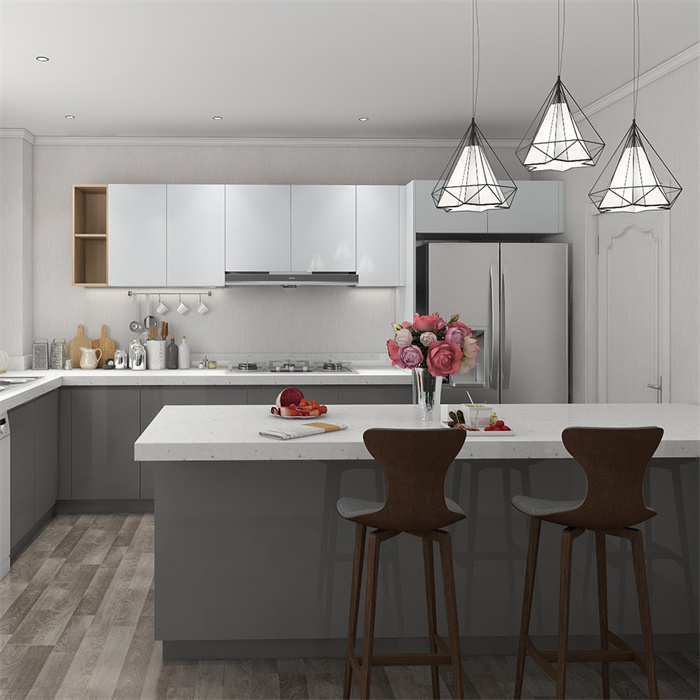
Section 3: The Renovation Process
Preserving and Restoring
Detail the process of restoring original cabinets, including sanding, repairing, and refinishing techniques. Highlight any challenges encountered during restoration and the solutions implemented.
Customization and Additions
Explain the addition of new cabinets to complement the old ones, focusing on the materials, finishes, and design elements chosen to blend seamlessly with the restored pieces. Include information about the installation of modern conveniences like pull-out drawers and soft-close hinges.
Section 4: Design Elements and Finishes
Choosing the Right Paint or Stain
Discuss the selection of paint or stain for the cabinets, emphasizing the importance of color and finish in enhancing the kitchen's overall aesthetic. Include details on the application process and the effect on the final outcome.
Hardware Selection
Describe the hardware chosen for the cabinets, explaining how it contributes to the kitchen's period-appropriate style while offering functionality. Mention any custom pieces created specifically for this project.
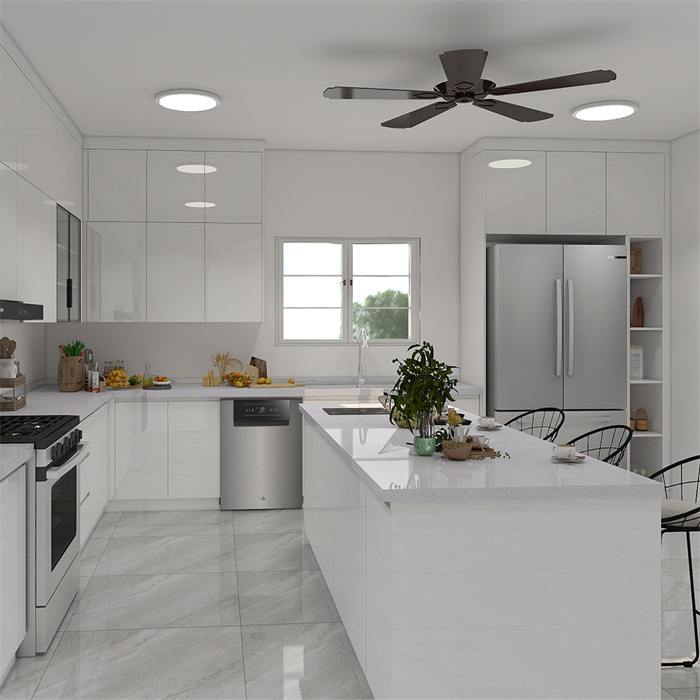
Section 5: The Reveal and Aftermath
After Photos and Reactions
Present stunning after photos of the renovated kitchen, showcasing the transformed cabinets. Share the homeowners' reactions and the impact the new space has had on their daily lives.
Functional Improvements
Outline the practical benefits of the makeover, such as improved storage, enhanced lighting, and better workflow. Discuss how the kitchen now meets the needs of a modern family while retaining its historical soul.
Section 6: Lessons Learned and Tips for Readers
Challenges and Solutions
Reflect on the obstacles encountered during the renovation and the strategies used to overcome them. Offer advice to readers contemplating similar projects.
Budgeting and Timeline Considerations
Provide insights into the costs associated with renovating historic cabinets and managing expectations regarding the duration of the project.
Section 7: Expert Advice and Industry Trends
Insights from Professionals
Include quotes from the designers and contractors involved in the project, sharing their perspectives on renovating old cabinets and current trends in kitchen design.
Sustainable Choices
Highlight any eco-friendly decisions made during the renovation, such as using low-VOC paints or repurposing materials.
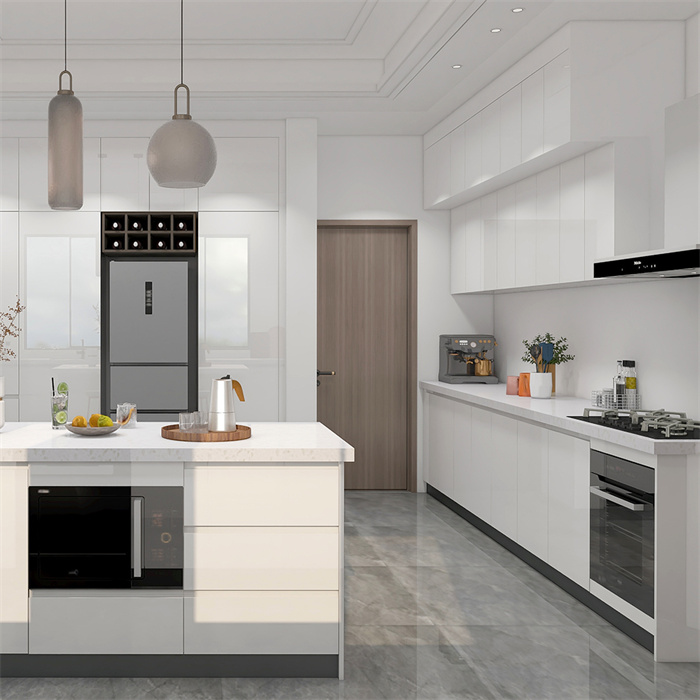
Conclusion
Summarize the journey of the 100-year-old kitchen's cabinet makeover, reiterating the importance of balancing preservation with innovation. Encourage readers to embrace their own kitchen transformations with confidence, armed with the knowledge and inspiration gained from this article.
Expanded Sections
Section 1: The Original Kitchen and Its Historical Significance
A Journey Through Time
Begin with a captivating narrative of the home's history, painting a picture of the era in which the kitchen was built. Describe the original cabinetry's craftsmanship, materials, and design, noting any unique features that reflect the period's architectural style.
Challenges of Aging Infrastructure
Discuss the practical difficulties of working with a century-old kitchen, such as uneven walls, non-standard sizes, and potential structural issues that needed to be addressed before the renovation could proceed.
Section 2: Planning the Makeover
Collaborative Design Process
Highlight the collaborative efforts between the homeowners and the design team. Detail the discussions around layout, materials, and aesthetics, and how these decisions were influenced by the home's history and the family's needs.
Budgeting for a Historic Renovation
Address the financial aspects of renovating a historic kitchen, including the unexpected expenses that often arise when dealing with older homes. Provide tips on how to prioritize spending to achieve the best results within budget constraints.
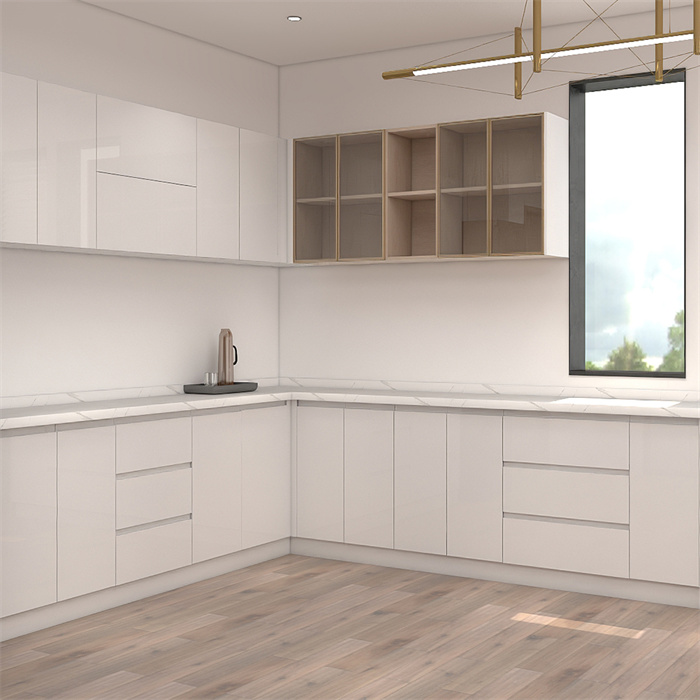
Section 3: The Renovation Process
Step-by-Step Restoration
Offer a detailed account of the restoration process, from dismantling the old cabinets to the final touches. Include anecdotes about discoveries made during the renovation, such as hidden artifacts or architectural secrets.
Incorporating Modern Appliances
Explain how modern appliances were integrated into the design without compromising the kitchen's historical character. Discuss considerations for choosing appliances that fit the space and enhance the overall functionality.
Section 4: Design Elements and Finishes
Period-Appropriate Details
Describe the research conducted to ensure that the new design elements were historically accurate. Mention visits to museums, consultations with historians, and references to period photographs to capture the essence of the era.
Lighting and Decor
Discuss the lighting fixtures and decorative elements chosen to complement the cabinets. Explain how these choices contribute to the kitchen's ambiance and functionality.
Section 5: The Reveal and Aftermath
A New Gathering Place
Reflect on how the renovated kitchen has become the heart of the home, a place for family gatherings and entertaining guests. Share testimonials from the homeowners about their favorite aspects of the new space.
The Impact on Home Value
Analyze the potential increase in the home's value following the kitchen renovation. Cite real estate experts' opinions on the return on investment for such projects.
Section 6: Lessons Learned and Tips for Readers
Common Pitfalls to Avoid
Warn readers about common mistakes made during historic kitchen renovations, such as rushing the planning phase or underestimating the complexity of the work.
DIY vs. Professional Help
Guide readers through the decision-making process of tackling a renovation themselves versus hiring professionals. Discuss the skills required for each approach and the benefits of each option.
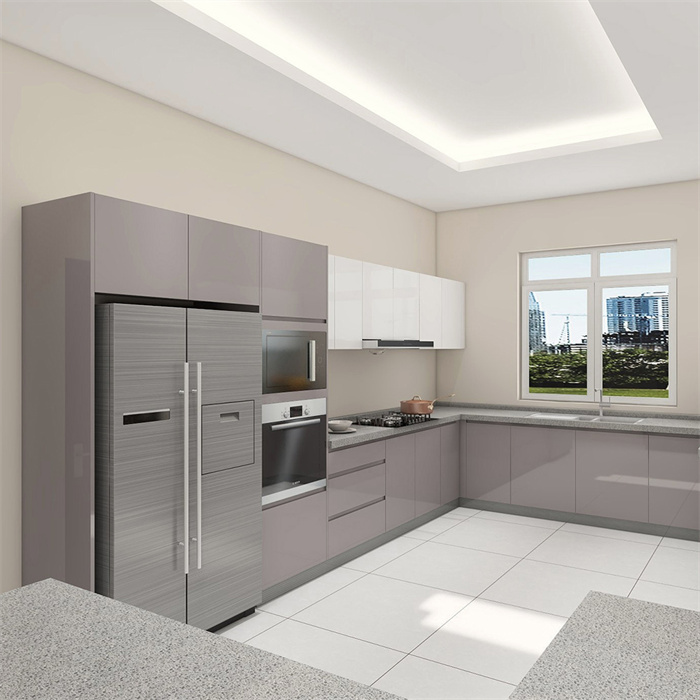
Section 7: Expert Advice and Industry Trends
Future-Proofing Your Kitchen
Consult with industry experts to provide insights on how to design a kitchen that will stand the test of time. Discuss sustainable materials, smart home technology, and other innovations that can be incorporated into a historic renovation.
Regional Design Influences
Examine how regional design trends can influence kitchen renovations, especially in areas with strong historical identities. Provide examples of kitchens that have successfully merged local heritage with contemporary design.
Conclusion
Reiterate the transformative power of a well-executed kitchen renovation, especially when it comes to preserving and enhancing the beauty of a historic home. Encourage readers to embark on their own journeys of discovery and creativity, armed with the knowledge and inspiration provided in this article.
SEO and Marketing Tips
Use keywords related to kitchen renovations, historic home restorations, and cabinet makeovers throughout the article.
Include subheadings, bullet points, and numbered lists to improve readability and make the content more accessible to search engines.
Incorporate internal and external links to reputable sources, providing additional value to readers and enhancing SEO.
Optimize images with alt tags and captions that describe the content and include relevant keywords.
Utilize social media platforms to promote the article, targeting audiences interested in home renovation, interior design, and historical preservation.

